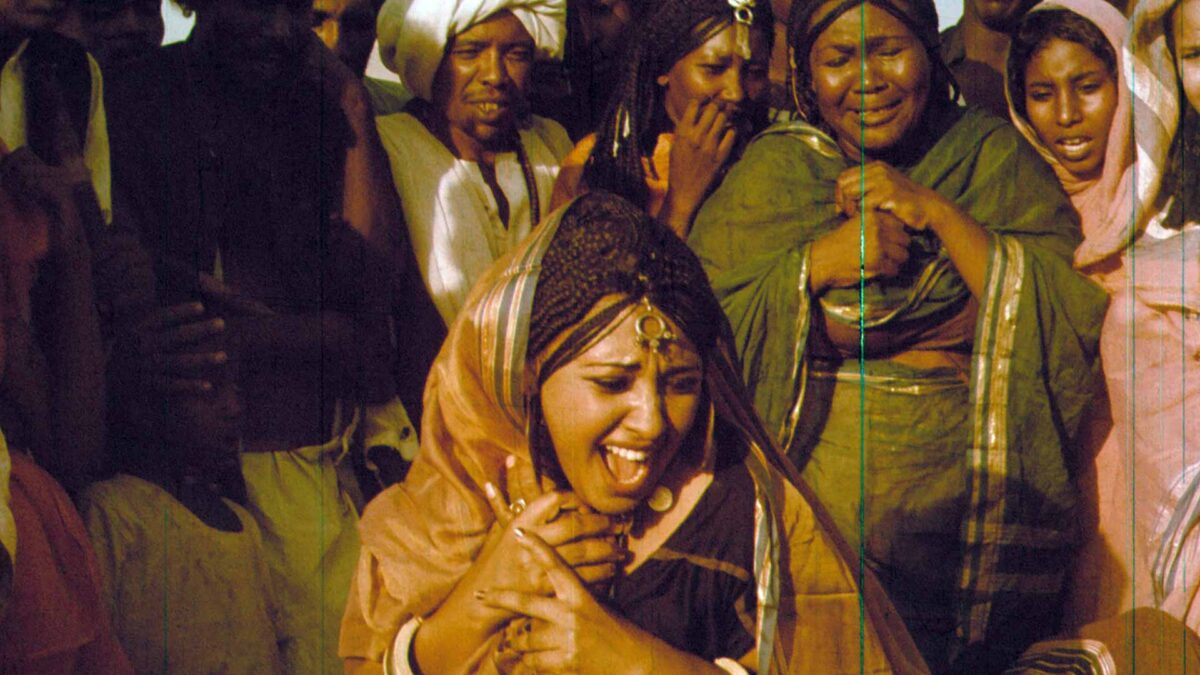For centuries, Sudan has stood at the intersection of cultures, empires, and eras; its borders redrawn as often as its stories retold. Governments have come and gone, enduring revolutions have burned and forcefully quieted, but one current runs steady beneath it all: the art.
Sudan’s art in all its rhythm, pigment, and poetry is not ornamental. It is memory in motion, a commitment to carry on the archive of a people who have endured loss and exile, yet continue to create beauty out of dust and displacement.
Often described as “the forgotten war,” Sudan’s conflict has obscured the heartbeat of a nation that has long refused to be silenced. Since its independence, Sudan’s diaspora has scattered across the world, carrying with them the soil of the Nile’s banks, in their voices, their canvases, their recipes, and their music.
Here are some Sudanese artists, creators, and works that speak the language of survival and longing:
Omer Asim: fashion that lends language to memory
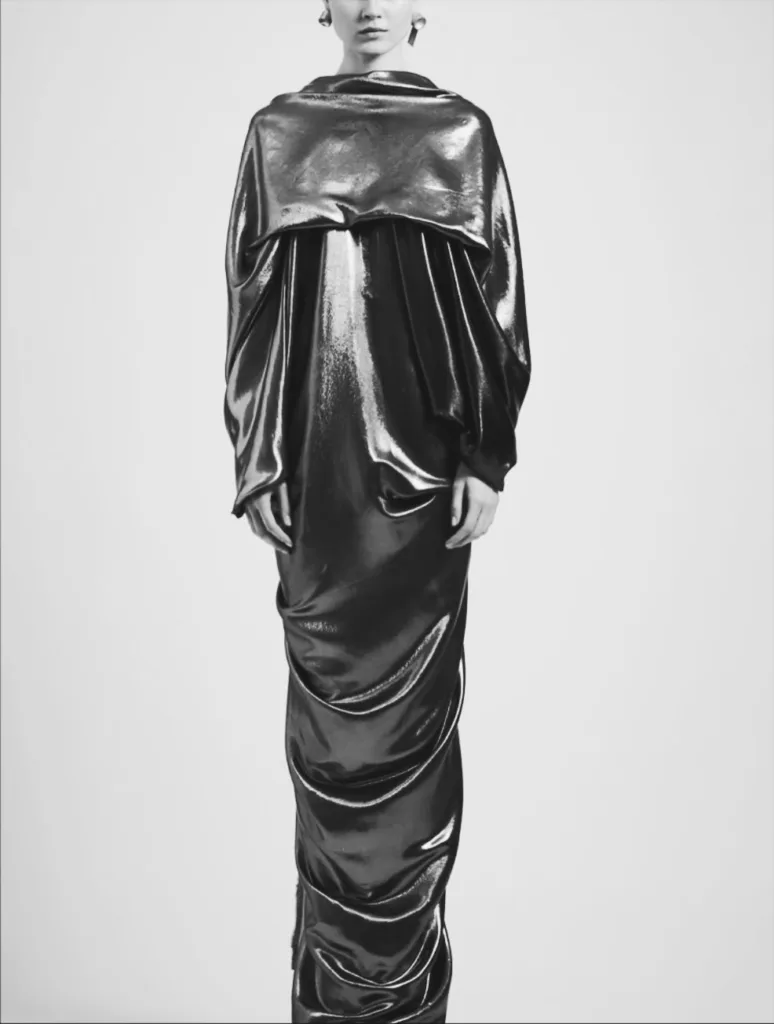
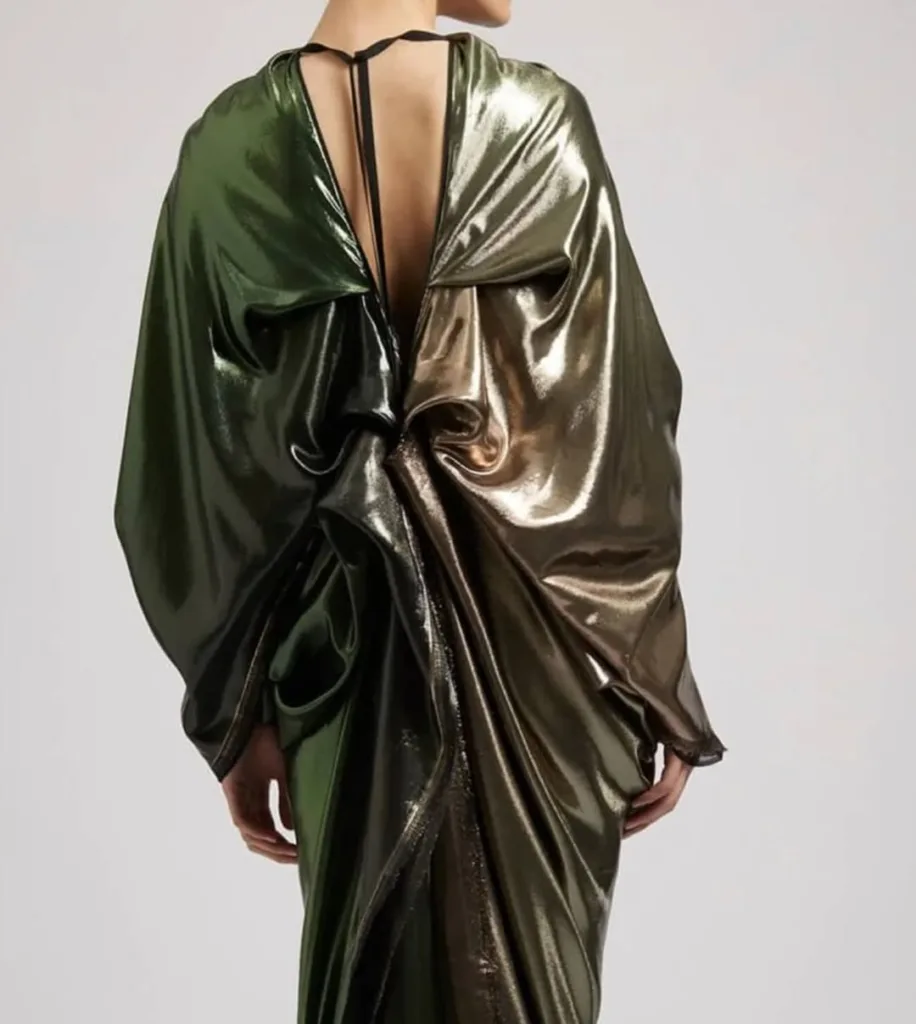
Born in Khartoum, the capital of Sudan, and based in London, Asim transforms the traditional thoub into sculptural silhouettes that fold and fall like desert dunes that gave birth to them.
His clothes are quiet, unadorned, almost cerebral, and stripped of ornament yet weighted with meaning. He makes it a point to resist the easy label of “African fashion,” preferring instead to let fabric and form speak for themselves. Each piece invites us to consider what it means to wear one’s culture without performing it.
Alsarah & the Nubatones:
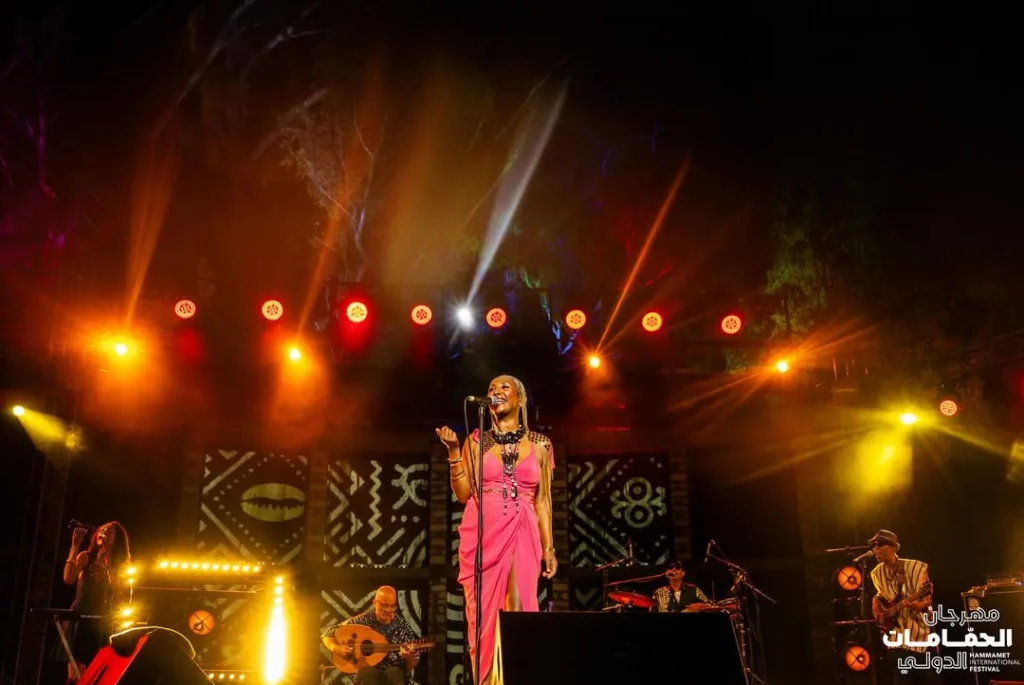
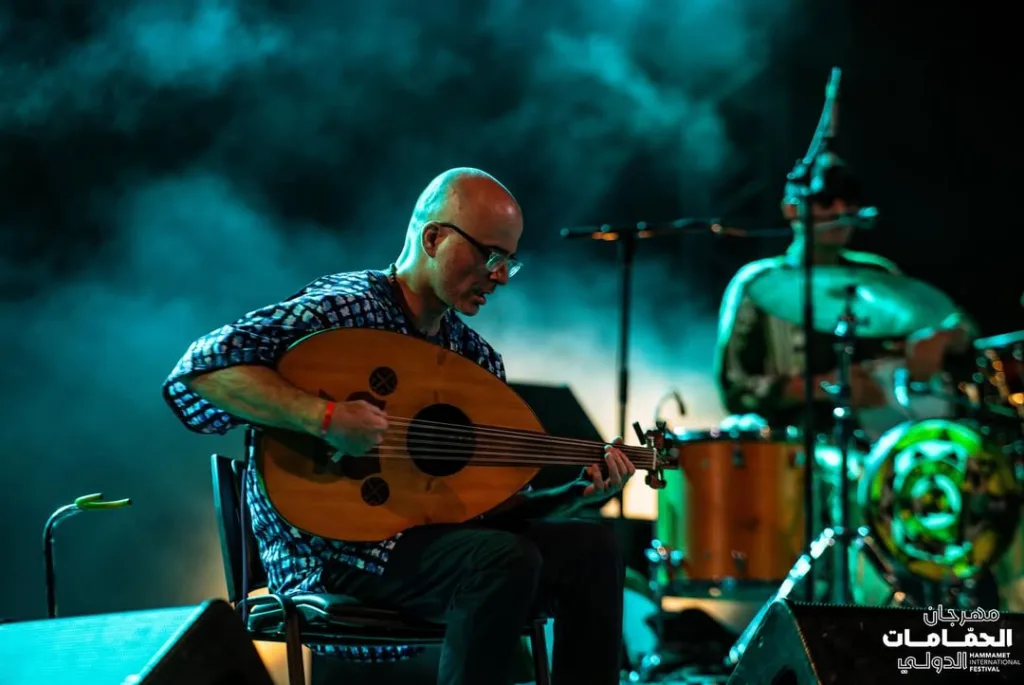
When Alsarah & the Nubatones play, it feels like a ray of sunlight on a particularly cold day. Their east African retro-pop label flirts with Nubian folk, Arabic melodies, and vintage vinyl transforming it into a tune you can help but be swayed by. Each song is part archive, part anthem, choosing to celebrate migration as movement, not loss.
With every note, Alsarah reminds us that rhythm itself is an inheritance. The body remembers even when the map is forced to forget. Listen below:
Qutouf Yahia: Poets Don’t Die

In Qutouf’s small but potent chapbook, Poets Don’t Die, the written word becomes a vehicle for the spirit of endurance. These poems aren’t pleas for empathy; rather, they are adamant declarations of existence. Sparse, yet intimate, Qutouf’s work captures the spiritual gravity of a people who use language to record resilience.
You can order your own copy through the link in the author’s IG bio.
The Sudanese Kitchen: Ingredients of a people
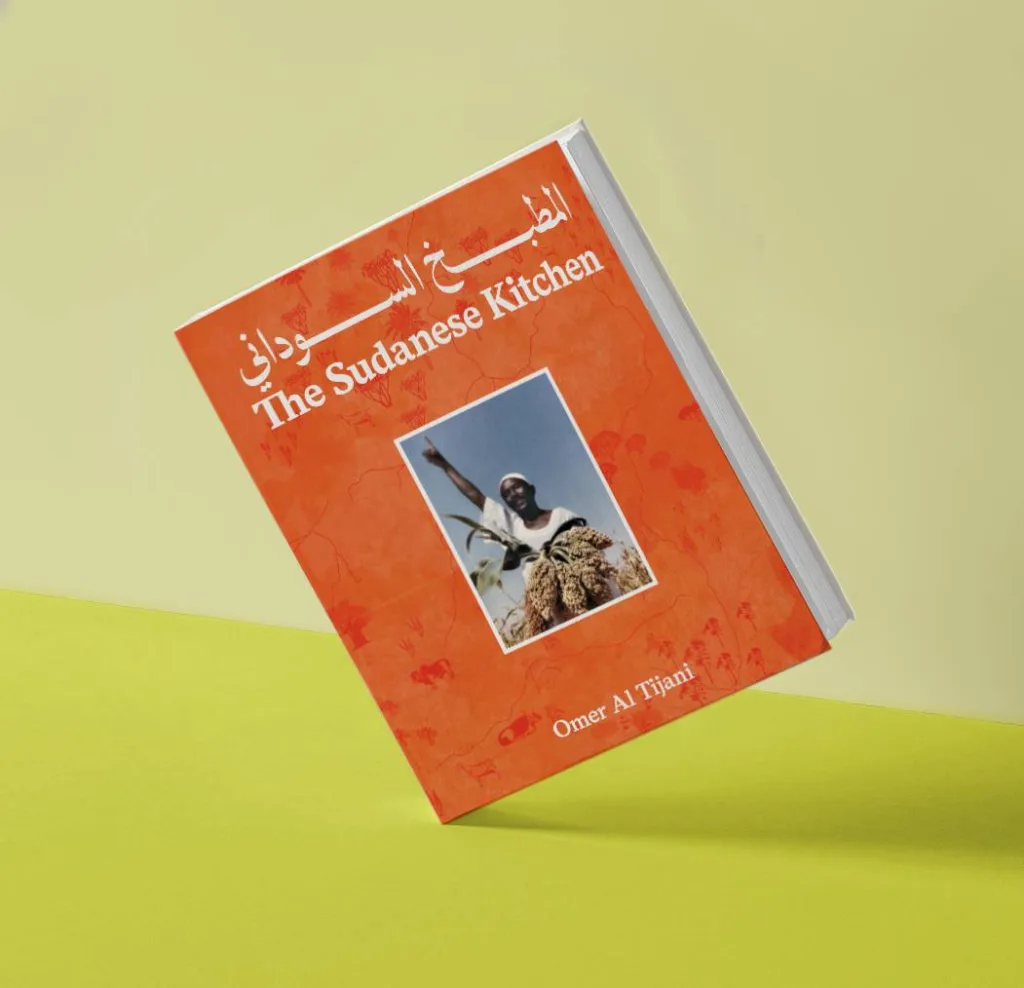
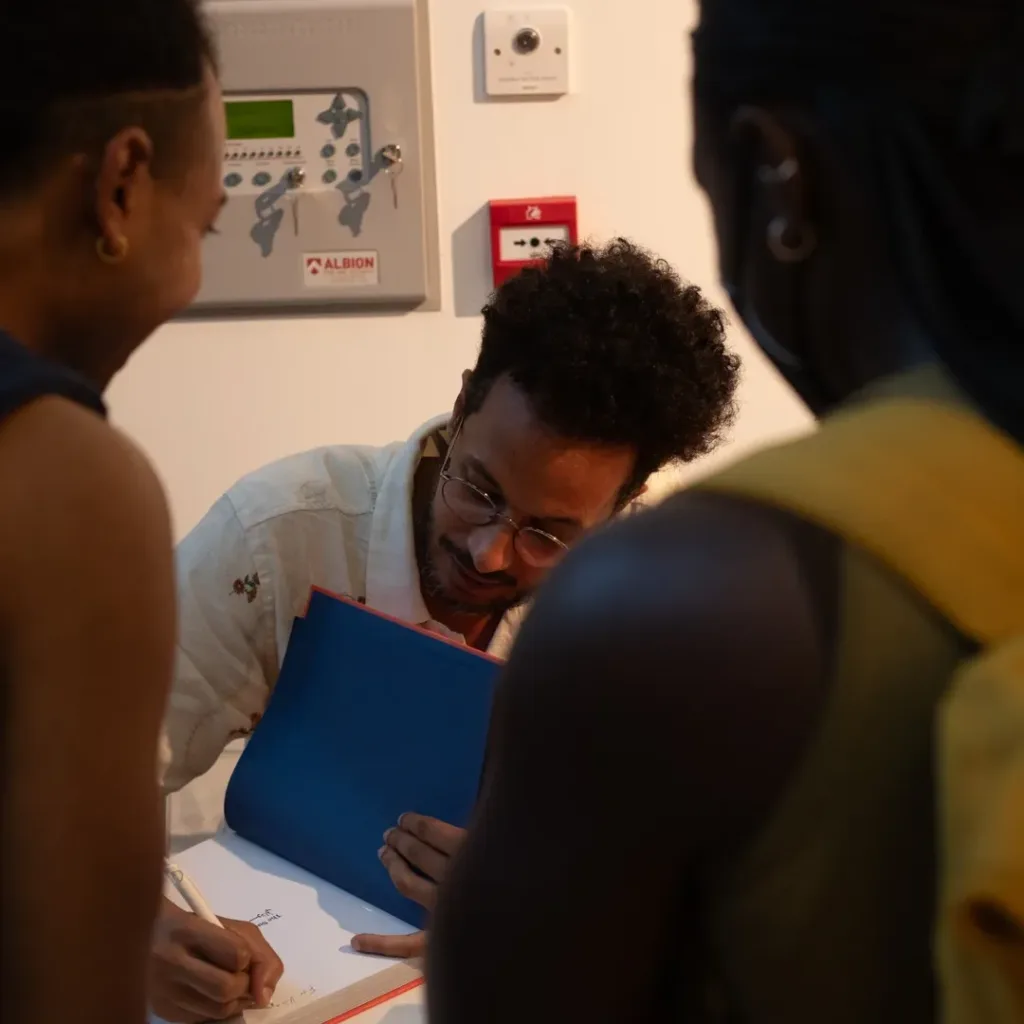
Compiled by British-Sudanese chef Omer Al Tijani, The Sudanese Kitchen is a love letter to all the mothers, grandmothers, and aunts of Sudan, now carving its space in the global culinary-scape. Each recipe, carefully documented and translated into English, reclaims home.
From spicy aseeda to aromatic stews, Al Tijani’s pages honour the quiet power of food to hold memories. In a nation steeped in displacement, cooking becomes an act of remembrance, a portal to bring home to wherever you are.
Add it to your coffee table, buy it here.
Tajouj (1977):

Before the world looked at Sudanese cinema, Gadalla Gubara’s Tajouj gave it a face. The 1977 film, based on a Nubian folktale, is a cornerstone in African filmmaking. It follows a young tribesman who falls in love with Tajouj and proclaims his love out loud in a song, leading to a tale of jealousy, banishment and romance.
The film captures a Sudan untouched by exile or erasure, a place still rich with song and ritual. Watching Tajouj today feels like leafing through an old family album, faded but alive with memories.
Watch it here.
Sudan has long been overlooked, and in its occasional mentions, misremembered. Its art too often an afterthought. Yet through these bits of voices and visions, a fuller picture is born, not of never-ending conflict, but one of tenderness and endurance.

